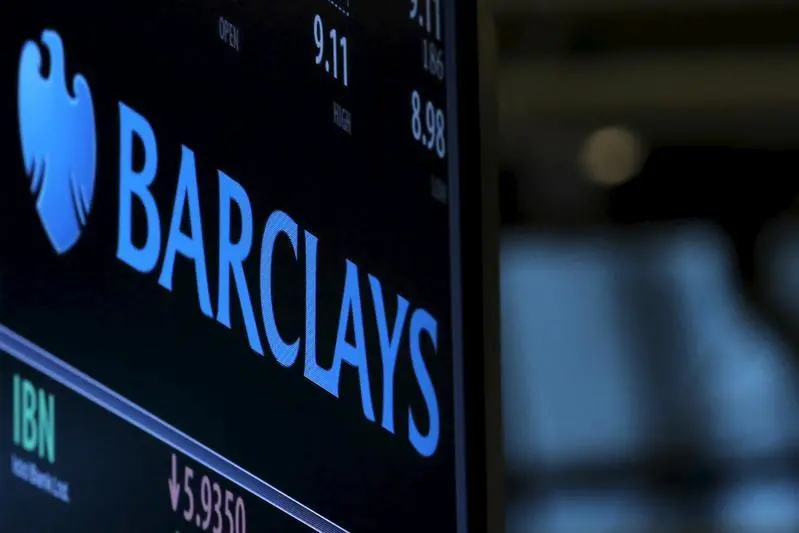PHOTO
Financial markets and economies around the world may see less elevated volatility in 2021, but they could remain at the mercy of COVID-19 developments, especially the vaccine rollout, said Barclays.
In its ‘Private Bank Outlook 2021’ report, the bank said it expects a growth rate of close to five percent next year, but that the economic landscape may change dramatically.
“We expect a growth rate of close to five percent in 2021. That said, some areas of the economic landscape may change dramatically. High government debt levels are a legacy to manage carefully and inflation is a risk to monitor,” the bank said.
The bank said there has been “elevated uncertainty” this year and that it remains unclear how the coronavirus pandemic will evolve, “with major uncertainty still surrounding almost every aspect from a health, societal, economic and political perspective”.
“Importantly, this applies to developing and deploying a safe, effective vaccine that will be key to the lifting of restrictions and the economic recovery,” it added.
Interest rates
As for interest rates, they are likely to stay low due to the unprecedented conditions.
“There are many characteristics that are not the same as before. The opportunity cost of holding gold (or the inflation-adjusted, real rate) appears deeply constrained due to two factors,” the report said.
“Firstly, turning on the spending taps does not come without its costs and one of them could be demand-pull inflation. Secondly, central banks are more likely to tolerate any inflation overshoots in order to promote recovery, keeping rates lower for longer than usual.”
Oil prices
In the commodities sector, the bank said oil prices could reach $55 to $60 per barrel by the end of 2021. However, it warned that a second wave of cases could overwhelm healthcare systems, impacting recovery.
“In the year of the pandemic, gold initially shone and oil suffered,” the report said.
“While the latter has bounced back and the latter slipped since, a second wave of cases may overwhelm healthcare systems and trigger more lockdowns. A stuttering recovery and cautious consumer could complicate the picture once more.”
Financial markets
Turning to the financial markets, the five-year expected total returns on equities and bonds are likely to be lower than previously expected, said the bank.
Interest rates fell further into negative territory this year, weighing on prospective bond returns.
European and US high yield bonds, on a very selective basis and in the most resilient part of the market, may be worth considering, alongside US inflation-linked bonds, to hedge positive inflation surprises.
The pandemic is also accelerating structural friends in equities, with the rise of technology companies boosted by home working and online retail sales reflecting the attractions of growth.
“While valuations may deter some, equities seem fairly valued in the context of low rates. We are constructive on prospects for the asset class, preferring high-quality companies and an active approach.”
The pandemic has also shown the limitations of relying on equities and government bonds, Barclays said.
“We see value in adding alternative assets, such as private markets, gold or hedge funds, to a portfolio to diversify and improve its risk-return profile.”
Sustainability
Barclays also highlighted the issue of sustainability, saying pandemic recovery plans from governments have a sustainable bias, and that companies are being drawn to opportunities from transitioning to a low-carbon world.
“Similarly, including environmental, social and governance (ESG) considerations in asset selection can boost returns. The momentum behind investing sustainably, and with ESG considerations, suggests that increasingly investors agree,” the bank said
(Writing by Imogen Lillywhite; editing by Cleofe Maceda)
Imogen.Lillywhite@refinitiv.com
Disclaimer: This article is provided for informational purposes only. The content does not provide tax, legal or investment advice or opinion regarding the suitability, value or profitability of any particular security, portfolio or investment strategy. Read our full disclaimer policy here.
© ZAWYA 2020




















